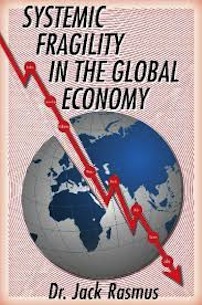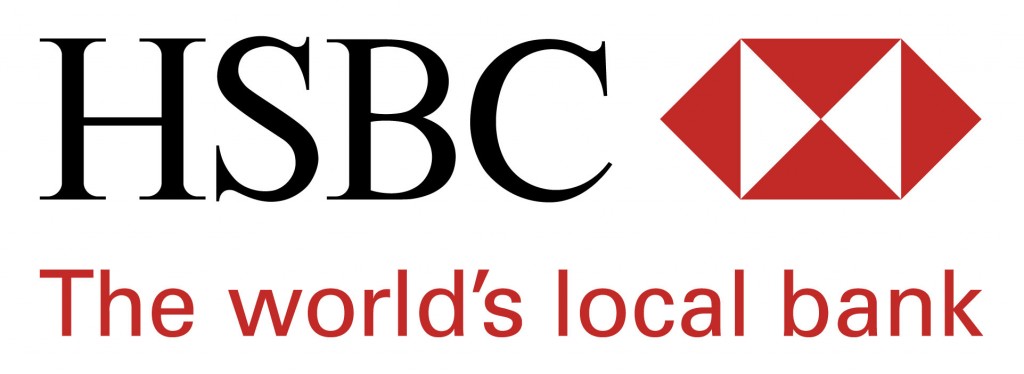A report by HSBC shows that contrary to industry mythology, even amidst the glut of unconventional oil and gas, the vast bulk of the world’s…

Recession

For most of human history, people were hunter-gatherers. They lived in large camps, depending on one another for food, childcare, and everything else—all without walls,…

You are about to see a chart that is undeniable evidence that we have already entered a major economic slowdown. In the “real economy”, stuff…

Jack takes a look at the key economic developments of the past week, and then provides the first of a several part analysis this month…

The tremors rattling markets are not exactly what they seem to be. A meme prevails that these movements represent a kind of financial peristalsis —…

Germany's approval of Greece's third bailout of €86 billion on Wednesday marked what critics of austerity warn is a new phase in the ongoing economic…

What do you call a country that has grown 4.6 per cent - in total - since it joined the euro 16 years ago? Well, probably…

The economic recession that began with the collapse of the housing market in 2007 officially came to an end in June 2009—more than six years…

Data released last week by the U.S. government showed the U.S. economy came to a near halt in the first three months of 2015, falling…

HSBC is the world’s largest bank outside of the U.S. and China, the largest in the UK, and the 9th largest bank in the world overall.…
The Labor Department reported the U.S. economy created 126,000 jobs in March. This was a sharp slowdown from the 290,000 average over the prior three…
